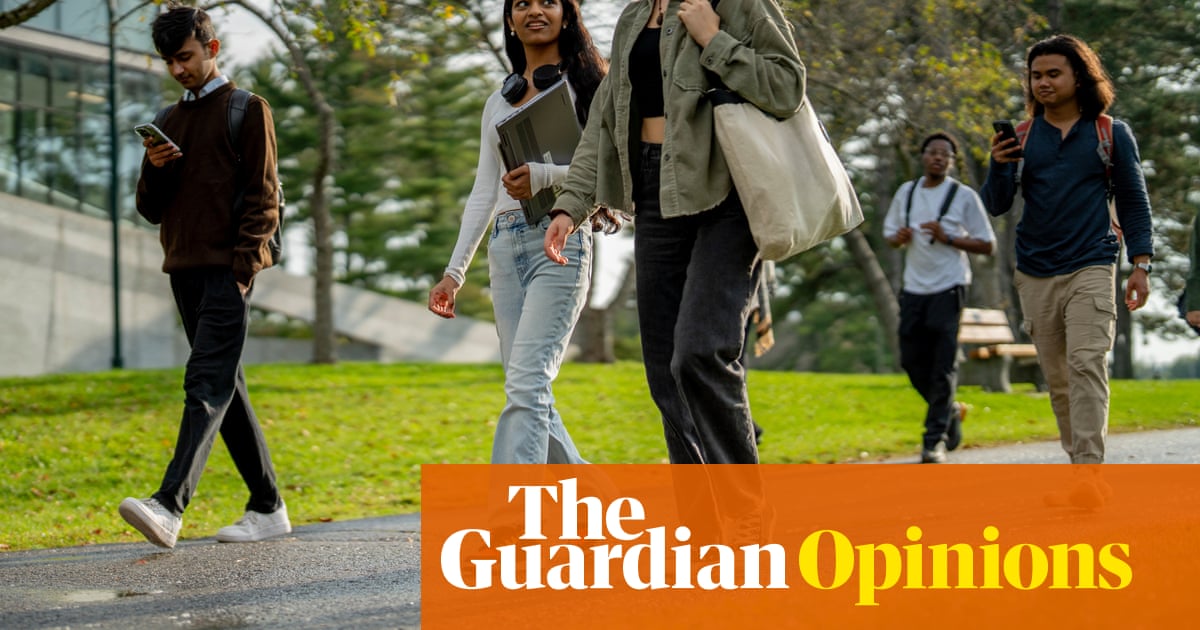When you book your kid on a university open day, places tend to have a pretty strict specification: no more than one guest. Me and the middle teen kicked this around a bit, planning her trip to Bristol. Her friends could book their own place; it definitely wasn’t a cocktail party; so what kind of guest, exactly, did they have in mind? “They mean a parent. Didn’t you go with your parents?” Oh boy, no, we did not.
My sister and I used to tell our mum that one of us had to go to, say, Newcastle, and the other one should go too, in case she got lost. Then we’d trouser the train fare – even in 1990, it was a lot – and spend the day in the Arndale centre in Wandsworth. Sometimes we went to the cinema. We never did anything lavish, like go out for lunch. We spent an awesome amount of time and a not negligible amount of money inthe Body Shop.
The flaw in this plan was that we didn’t have the internet then, so there was no way of knowing, after a busy day in “Birmingham”, what Birmingham was actually like. I guess we could have looked it up, but you didn’t find many Ordnance Survey maps in the Arndale centre. We’d come back freestyling wildly, using what we could pick up from the prospectus. Yes, the people seemed nice, though a lot of them were wearing chinos. The science facilities were excellent, for anyone who wanted to do science, which was neither of us.
This, by the way, was absolutely standard. I had adventurous friends, who took the money to go to, say, Sheffield and then went somewhere completely different, which didn’t even have a university, just to see what was what. I had one friend who accidentally fetched up in Manchester on the same day as the open day, and still didn’t see the university, because she was there to see theInspiral Carpets.
When I described this to the assembledgen Zof the household, they seemed genuinely impressed, which was gratifying for about five seconds, until it turned out that they were just amazed we ever found a way to lie, before the internet.
Zoe Williams is a Guardian columnist
